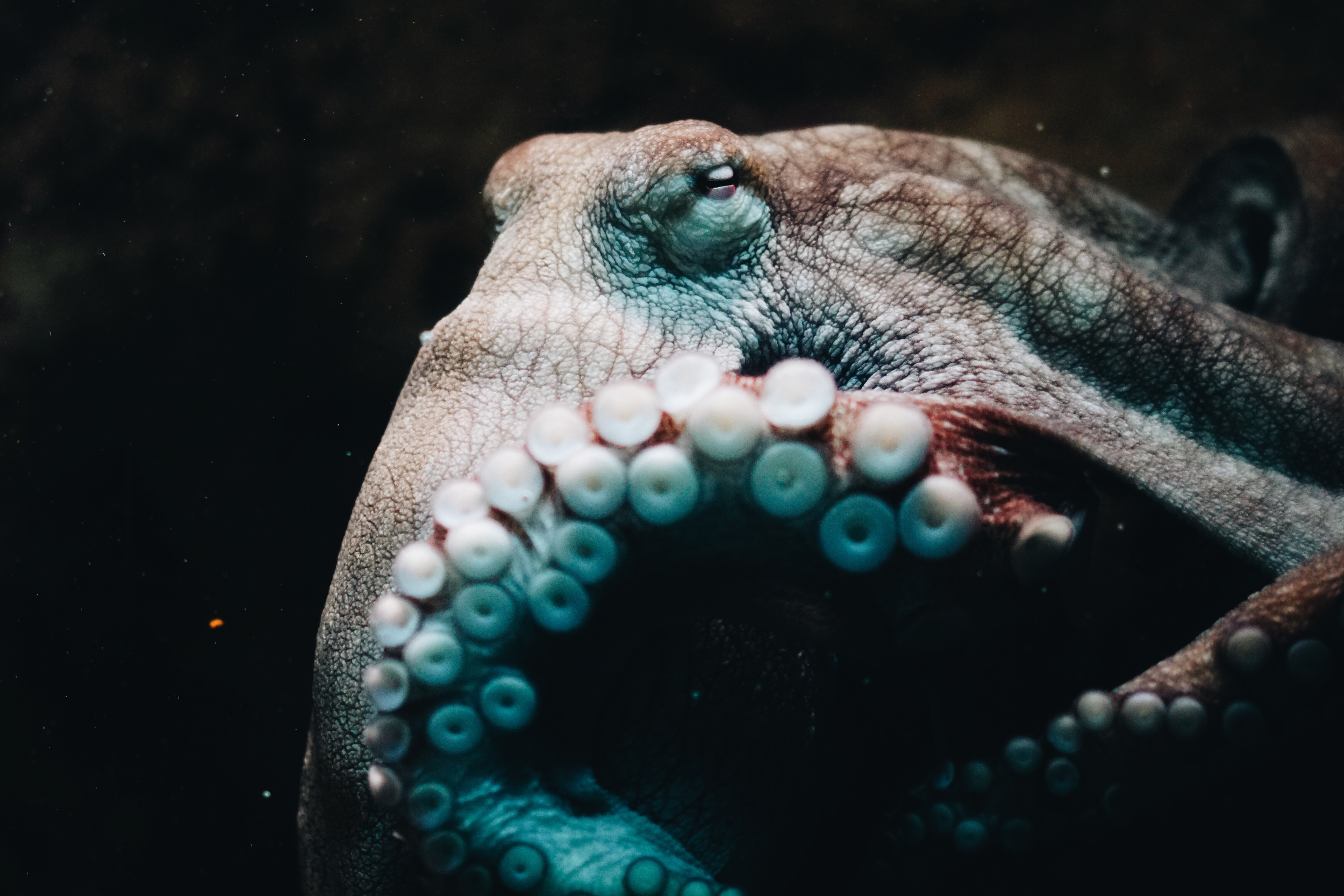Nueva Pescanova: Prioritizing Profits and Polluting Las Palmas - The World's First Large Scale Commercial Octopus Farm
Based on AVAAZ’s wildly successful petition to ban octopus farming, with now almost 1 million signatures, they commissioned Aquatic Life Institute to write a report that substantiates their call to action.
The report calls attention to Nueva Pescanova’s disturbing plans to operationalize the world’s first large-scale octopus farm. The controversial farm is being mapped out on 61,972.42 square meters of land in La Esfinge basin, within the port of Las Palmas de Gran Canaria, Spain.
The farm poses major threats to the local environment, the millions of octopuses that would eventually be farmed, and the 404,000 people of Las Palmas.
Octopuses are highly intelligent, solitary beings, capable of experiencing pain, suffering, and emotions. Aquaculture facilities are undoubtedly unsuitable for octopuses, and are likely to cause significant stress to these animals. Stress will result from spatial constraints, high stocking densities, and improper handling, leading to increased aggression and cannibalism.
Disease
Disease is a major threat in aquaculture facilities, impacting both the animals and the health of surrounding communities.
Aquatic Life Institute discovered a key publication that has not yet been previously mentioned or discussed; the 234-page “Handbook of Pathogens and Diseases in Cephalopods”, created in partnership with the European Commission. Despite Nueva Pescanova’s claims that no relevant pathologies are known, bacterial infections, as well as parasites in Octopus vulgaris (the species of octopus that would be farmed) have been found - which can infect humans.
Antibiotics
While Nueva Pescanova has claimed that “The use of antibiotics is not contemplated for any of the stages of the productive process of octopus farming”, aquaculture facilities are breeding grounds for pathogenic bacteria that must be treated with antibiotics, particularly in the event of disease outbreak. Antibiotic residue from the farm may spread to the marine environment, which could contribute to antibiotic resistance in humans.
Community Risks
Octopus farming produces a significant amount of waste, and without sufficient management, can lead to economic and environmental issues.
With its close proximity to the sea, the farm could have detrimental effects on local aquatic species, as a result of contaminants and pollutants transferred through discharge. Escapes from the farm pose a further risk of the spread of disease, pathogens, and chemicals if farmed and wild aquatic animal interactions occur.
Local communities and their economies may also suffer as a result of the farm’s operations, through contamination, or through changes in the marine ecosystem that small-scale fishermen rely on.
This report further underscores the problematic and highly concerning nature of octopus farming. Aquatic Life Institute and our allies maintain that this industry should not be established.


